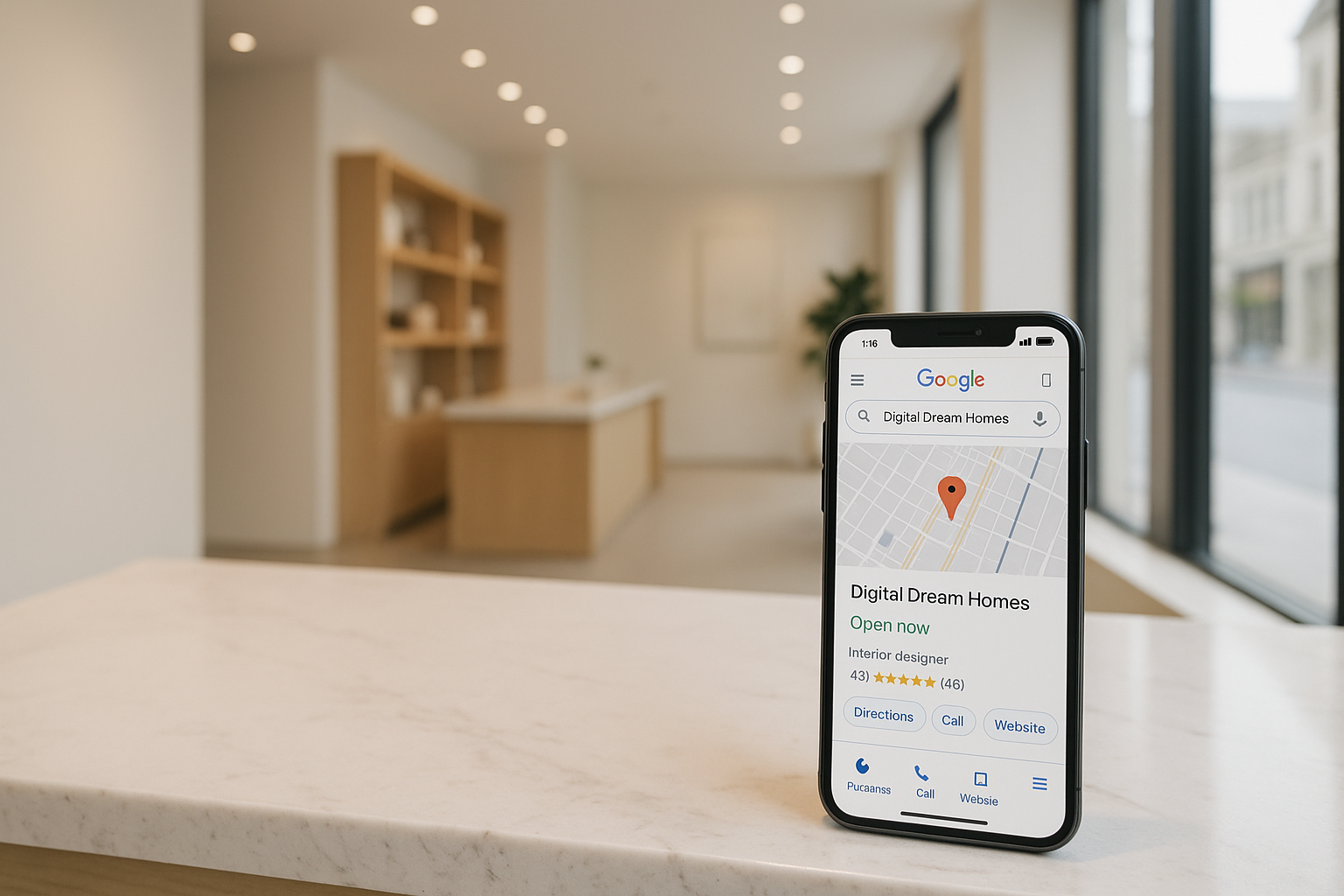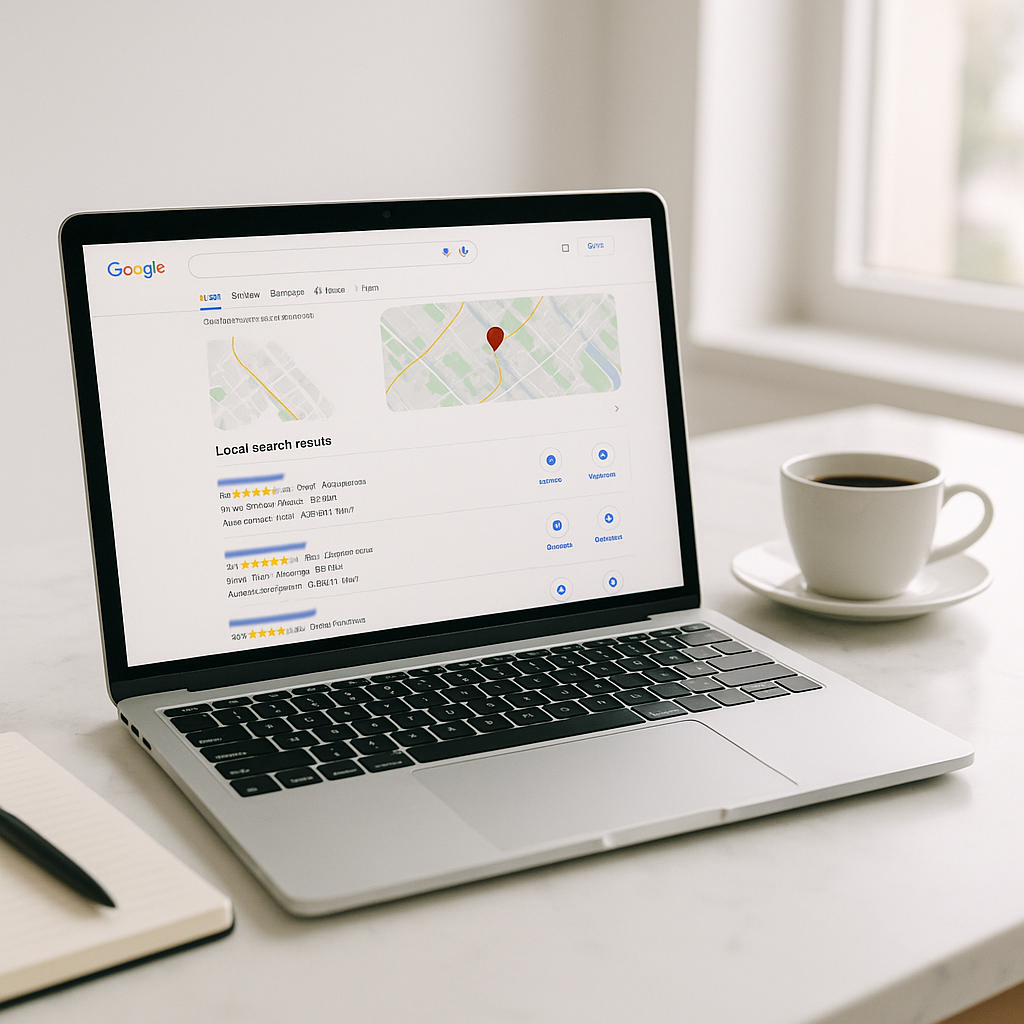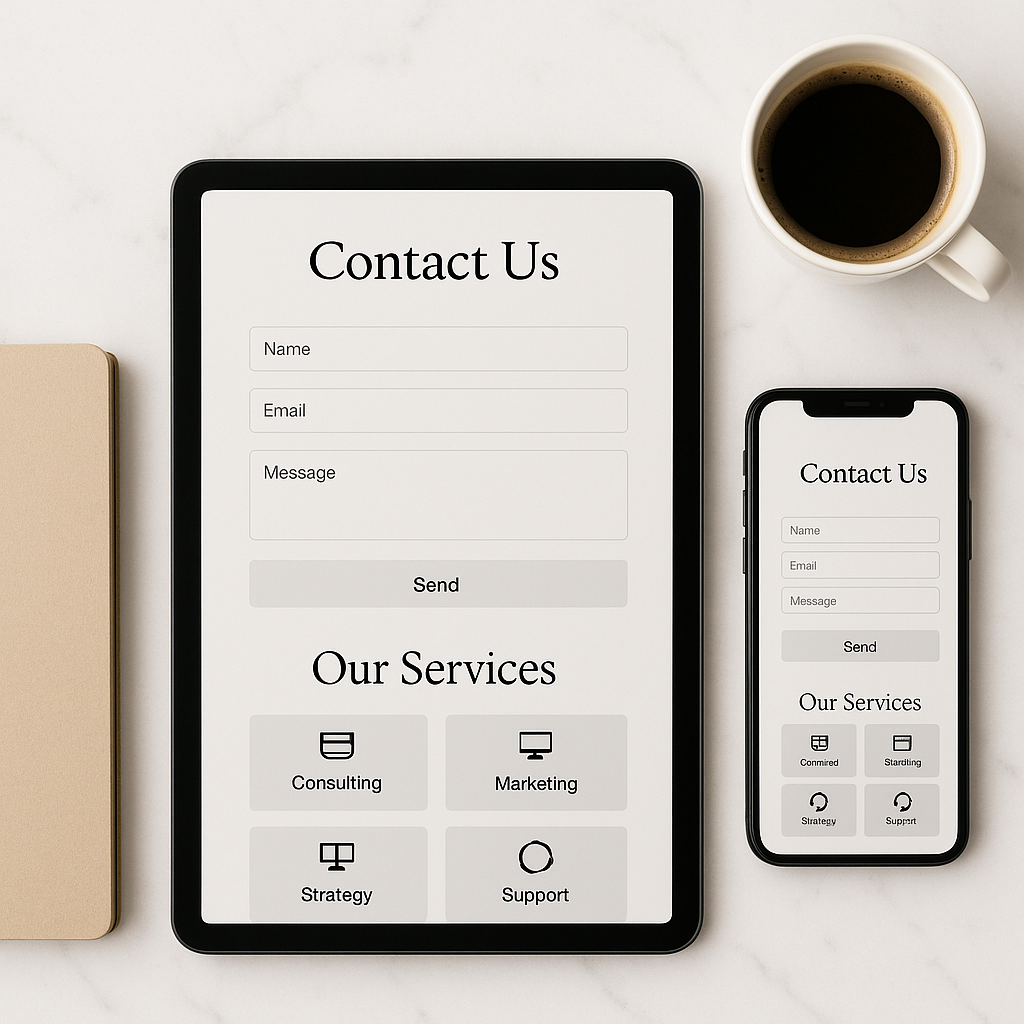Geo-Targeting for realtors: Writing For Multiple Cities Without Keyword Stuffing
Geo-Targeting for realtors is the smartest way to rank in several cities without sounding robotic or getting flagged for spammy content. If you serve a metro area with multiple hotspots, you need a plan that scales, reads naturally, and converts.
Geo-Targeting for realtors: What It Really Means Today
Instead of writing one generic page and pasting the same paragraph with a different city name, you create a network of city and neighborhood pages that genuinely reflect local insight. Think of it like building a small library where each book is about a distinct place, but all the books sit on the same shelf and refer to each other.
The goal is visibility and trust. You want the right buyers and sellers to land on a page that feels like it was written for their exact area, then take the next step.
Why Multi-City Content Wins
Most clients search with a place in mind. They care about school zones, commute times, HOA details, flood zones, condo rules, and price pockets. When your content mirrors their questions, Google and people reward you.
The Most Common Mistakes To Avoid
Avoid these traps and you are already ahead.
Copy-pasting the same paragraph and swapping city names
Thin pages with only 200 words and no helpful detail
Ignoring neighborhoods, schools, and commute patterns
Missing internal links between related city and neighborhood pages
Overusing the exact same keyword phrase on every page
Forgetting a clear call to action and a lead form
The City Content Matrix You Can Reuse
Use this simple matrix to generate unique topics for every city page. Pick 1 item from each column and you instantly have a useful article idea.
Audience
First-time buyers
Move-up sellers
Investors
Relocating families
Luxury clients
Local Angle
Neighborhood comparisons
School and district notes
Commute routes and traffic tips
Flood and insurance considerations
HOA and condo rules
Format
Step-by-step guide
Checklist
Frequently asked questions
Market snapshot
90-day action plan
Example: “Relocating families + school and commute + checklist” becomes “Your Sarasota Relocation Checklist For Schools And Commute”.
The Repeatable City Page Outline
Use this outline for every city. It keeps your structure consistent while guaranteeing fresh, local detail.
H1: City Real Estate Guide
Hook paragraph: Speak to who the page is for and the most common goal
Neighborhood map snapshot or list of top neighborhoods
Where people actually live and why it matters
Pricing pockets and property types
Schools and districts overview
Commute, traffic, and lifestyle
Local rules that affect buying or selling
3 featured listings or IDX widget filtered for the city
Lead capture section with a clear promise
Internal links to nearby city pages and related blog posts
Short FAQ
A Fill-In Script For Your First Paragraph
Try this friendly, human intro. Replace the brackets with real details.
“Thinking about moving to [City]? This quick guide covers the neighborhoods locals love, current price trends, commute shortcuts, and the small rules that can surprise buyers and sellers. If you want listings and insights tailored to your situation, tell me a bit about your goals and I will send a custom list today.”

How To Keep Every City Page Unique
You do not need brand-new research for every sentence. You need fresh angles and facts that change by location.
Swap in 3 to 5 neighborhood names specific to the city
Add two school notes that locals bring up in conversations
Include a commute tip with actual roads and time windows
Mention one common property surprise in that market
Update 3 featured listings that match the city’s typical buyer
Add one local FAQ from recent client calls
Do that and your pages read like a local wrote them.
The Smart Way To Use Keywords Without Stuffing
Think in topics, not just phrases. Sprinkle synonyms and related terms the way people naturally talk.
Target phrase in the title, H1, and first paragraph
Include variations like “homes in [City]” and “sell a house in [City]” inside natural sentences
Use neighborhood names, school names, ZIP codes, and landmarks
Keep sentences short and helpful
Write for one reader at a time
If you want a deeper refresher on fundamentals, read our guide on Real Estate SEO Best Practices. For local visibility, pair this strategy with what we teach in Local SEO for Real Estate Agents. To capture the lead once they land, optimize your forms using the ideas in Real Estate Landing Page Optimization.
Build Your Hub-And-Spoke Structure
A strong geo strategy looks like this.
One metro hub page that introduces the whole area
City pages that link up to the hub and to each other
Neighborhood pages that sit under each city page
Blog posts that support common questions and link back to the city pages
Example flow: Metro Hub → Orlando Page → Lake Nona Neighborhood → Blog post on “New Construction In Lake Nona”.
Use IDX To Power The “Do” Content
Search pages convert because visitors are actively hunting. Pair your city guides with an IDX block filtered by area or property type.
Create saved searches for each city and neighborhood
Add quick filters like price ranges and property types
Feature a short note above the listings to set expectations
Keep them fast and mobile friendly
If you want to understand why this matters, check out What Is IDX and Why It’s Crucial for Modern Agents.
Internal Linking That Feels Natural
Internal links help users and search engines. Use them like friendly tour guides.
From the Orlando page, link to Winter Park and Lake Nona
From the Winter Park page, link back to Orlando and to a blog post on “Historic Homes”
From the blog post, link to your seller page for Winter Park
Always end with a next step, not a dead-end
If you are choosing tools to speed this up, you will like our roundup of practical software in Best Free Tools for Realtors. If you plan to fuel these pages with paid traffic, compare strategies in Facebook Ads vs Google Ads for Realtors. To keep your follow-up tight once leads come in, evaluate options in [Top 5 Best CRMs for Realtors].
On-Page Details That Add Up
These small elements separate helpful pages from forgettable ones.
Title tag: “Homes for Sale in [City] and Neighborhood Guide”
Meta description: Promise a benefit and a next step
URL: “/city/[city-name]”
H1: Clear and human
Image alt text: Describe the scene and location
Schema: LocalBusiness where relevant
CTA: One primary action per page
How To Scale Production Without Cutting Corners
Create a simple worksheet for each city.
Neighborhoods to highlight
3 school notes
1 commute insight
1 local rule buyers or sellers forget
3 featured listings pulled from IDX
3 internal links you will add
Batch this for 5 to 10 cities, then schedule your posts. Refresh featured listings monthly and add one new paragraph each quarter so pages stay current.
Measure What Matters
Traffic is nice. Leads are better. Use this quick scorecard for each city page.
Impressions and clicks from Google Search Console
Visits and time on page from analytics
Lead form starts and submissions
Phone clicks and scheduled call bookings
Assisted conversions from remarketing
Compare cities every 90 days. If one city underperforms, add a neighborhood section, refresh listings, and tighten the CTA.
Real-World Scenarios You Can Copy
Phoenix Metro: Create a hub page for Phoenix, then city pages for Scottsdale, Tempe, and Chandler. Use short commute notes for Loop 101 and 202. Feature 3 luxury listings on Scottsdale and 3 entry-level listings on Chandler.
South Florida: Build separate pages for Miami, Fort Lauderdale, Boca Raton, and Coral Gables. Add flood and insurance notes where relevant. Create a relocation checklist for each city’s most common inbound markets.
Dallas-Fort Worth: Emphasize commute patterns to major employers and school districts. Create neighborhood comparisons like “Frisco vs McKinney For Families”.
FAQs
Is it duplicate content if my pages share the same outline?
No. A shared outline is fine. Your sentences and facts should change per city.
How many city pages should I publish?
Start with your top 5. Expand to 10 to 15 once you have a repeatable workflow.
Do I need separate pages for neighborhoods?
Create them for areas with distinct search demand, price bands, or lifestyle differences.
What if I am short on time?
Launch a lean version with your intro, 3 neighborhood notes, a commute tip, and an IDX block. Improve monthly.
Can I add videos?
Yes. A 60 to 90 second walkthrough filmed on your phone works. Embed them near the top.
Put It All Together In One Afternoon
Pick 5 cities you want to rank for
Fill out the worksheet with real local details
Build pages using the outline above
Add IDX blocks and clear CTAs
Interlink city, neighborhood, and blog content
Review after 30 and 90 days to optimize
Geo-Targeting for realtors is not about stuffing city names into a paragraph, it is about helpful pages that answer local questions and convert visitors into clients.
Your Next Step
If this feels exciting but a bit heavy to execute, Digital Dream Homes can help you roll it out fast. Book a free consultation and I will map your first 5 city pages, connect IDX, set up internal links, and show you how to track results. Geo-Targeting for realtors starts working the moment you publish and improves every month you keep refining.
Matt Pieczarka
Want a Free Website Audit?
Fill out your information below and we will send you a personal screen share video of tips on how to make your actual website better!
See How Many Closings You're Losing to Zillow!
Click Here to Use our Calculator to See How Many Clients Zillow is Taking From You Per Year!
Backlinks for Small Business Websites: Why Backlinks Matter for Local Businesses
Backlinks for Small Business Websites: Why Backlinks Matter for Local Businesses If you want more customers finding you on Google, you need backlinks for small business websites. P
On-Page SEO Checklist for Small Business Websites
On-Page SEO Checklist for Small Business Websites If you want more local customers to find you, you need an on-page SEO checklist small business owners can actually use. This guide
Google Business Profile Setup for Small Business: The Beginner’s Guide
Google Business Profile Setup for Small Business: The Beginner’s Guide If you want to show up on Google when customers nearby search, you need google business profile setup for s
Local SEO for Small Businesses: Tips for Small Business Owners
Local SEO for Small Businesses: Tips for Small Business Owners If you want to show up when nearby customers search, you need local SEO for small businesses. The good news is that m
How to Create a “Contact Us” Page That Actually Gets Results
Contact Page Optimization for Small Business: How to Create a “Contact Us” Page That Actually Gets Results If you want more calls, emails, and bookings, contact page optimizati
Mobile Friendly Website Tips For Small Business
Mobile Friendly Website Tips For Small Business: Mobile Optimization Tips for Local Business Websites If you need mobile friendly website tips for small business, you are in the ri
Why Your Website Isn’t Bringing in Leads
Why Small Business Websites Fail: Why Your Website Isn’t Bringing in Leads If you’ve ever wondered why small business websites fail, you’re not alone. Many owners invest in a
Best Website Colors For Small Business Branding
Best Website Colors For Small Business Branding: How to Choose the Right Colors for Your Brand Choosing the best website colors for small business branding is not just a design cho
Simple Website Design Tweaks That Boost Small Business Credibility
How to Make Small Business Website Look Professional: Simple Design Tweaks That Boost Small Business Credibility Want quick, high-impact ways to look trustworthy online? If you’v









